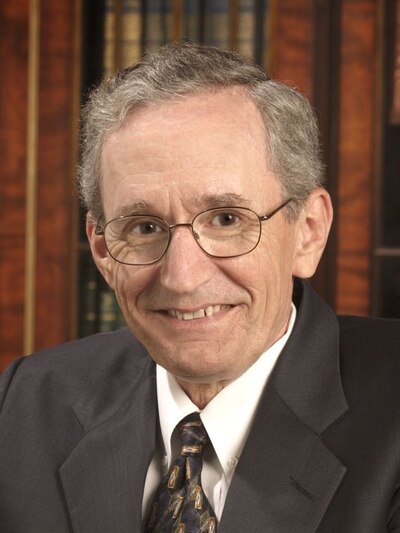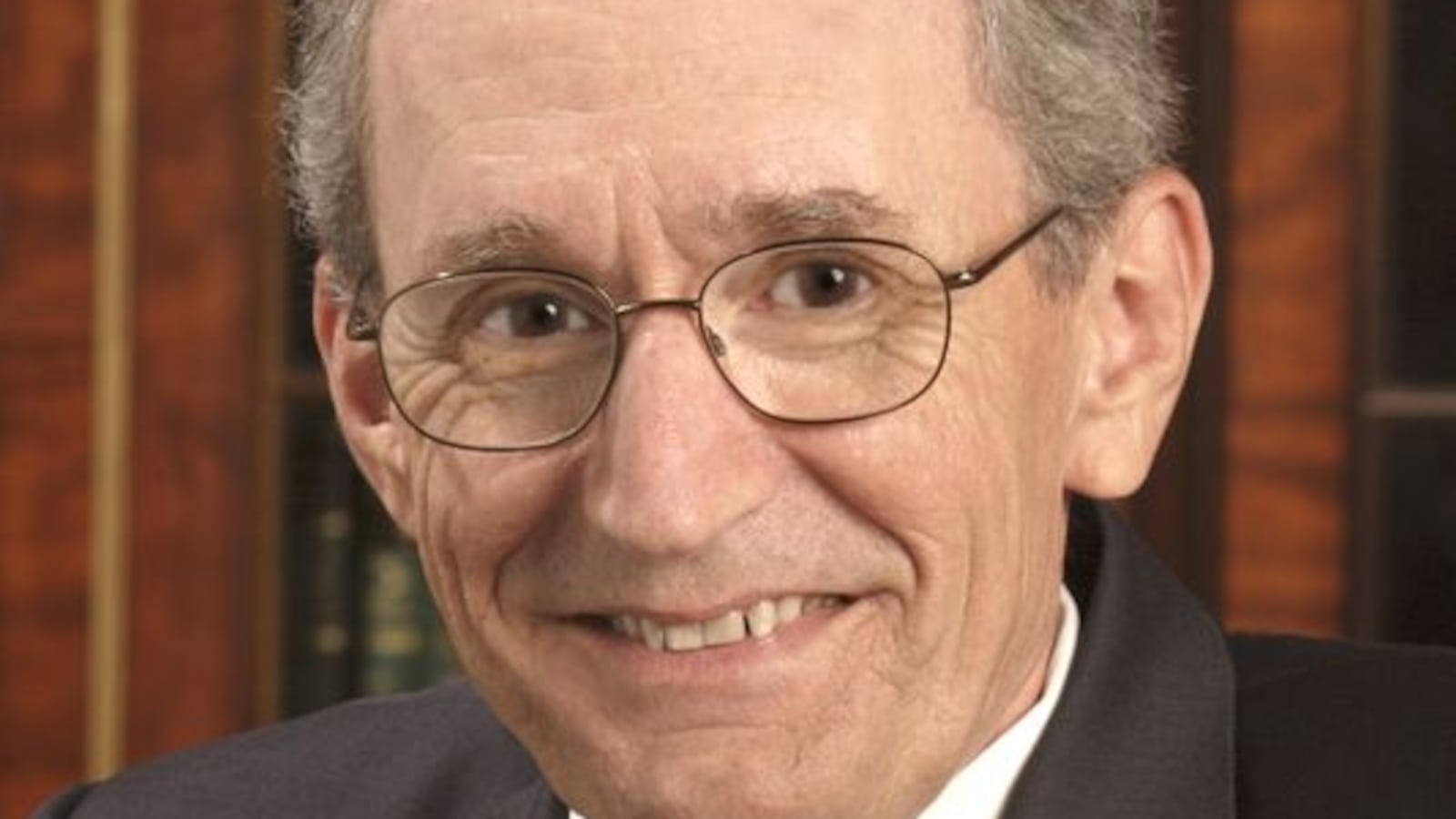William Sanders, the statistician and researcher who developed Tennessee’s system for evaluating teachers and schools, is the 2015 recipient of the James Bryant Conant Award, one of the nation’s most prestigious education honors.

Sanders, 73, who is retired and lives in Columbia, Tenn., will receive the award during the Education Commission of the States (ECS) national forum on education policy, scheduled for June 29-July 1 in Denver. He is to be presented the honor by Montana Gov. Steve Bullock, who chairs the commission.
A former professor at the University of Tennessee and senior research fellow with the University of North Carolina at Chapel Hill, Sanders is best known as the developer of the Tennessee Value-Added Assessment System (TVAAS), also known as the Educational Value-Added Assessment System (EVAAS), a method for measuring a teacher’s effect on student performance by tracking the progress of students against themselves over the course of their school career with their assignment to various teachers’ classes.
Sanders’ work is the foundation of Tennessee’s accountability system to measure the influence of school systems, schools and teachers on the academic progress of students. Since 1992, it’s been changing the way that teachers assess students, how principals assess teachers and how superintendents assess principals.
“Dr. William Sanders has been a national leader in value-added assessments, and his work has been a key policy discussion in states across the nation,” ECS president Jeremy Anderson said in news release Tuesday announcing this year’s award recipient. “His achievements are a perfect fit for the James Bryant Conant Award, and especially timely given the 50th anniversary of the Education Commission of the States.”
Hailed by many who seek greater accountability in education, TVAAS continues to be a topic of robust debate in the education community in Tennessee and across the nation. It has been the source of numerous federal lawsuits filed by teachers who charge that the evaluation system—which has been tied to teacher pay and tenure—is unfair and doesn’t take into account student socio-economic variables such as growing up in poverty. Sanders maintains that teacher effectiveness dwarfs all other factors as a predictor of student academic growth.
“With regard to student academic progress,” Sanders said, “the effectiveness of adults within buildings is more important than the mailing addresses of their students.”
Named for the co-founder of ECS and former president of Harvard University, the Conant Award recognizes outstanding individual contributions to American education. Past recipients include former U.S. Supreme Court Justice Thurgood Marshall, American educator and Memphis native E.D. Hirsch, children’s television personality Fred Rogers and U.S. Sen. Lamar Alexander, a former Tennessee governor and U.S. education secretary.

